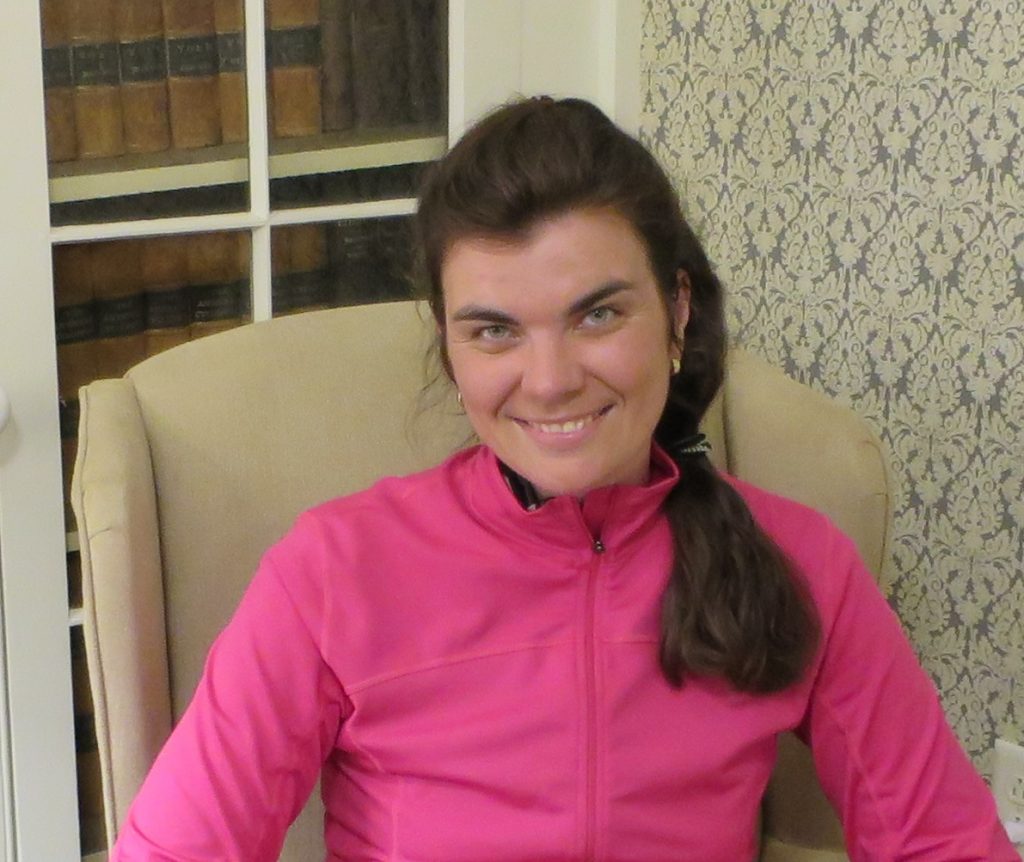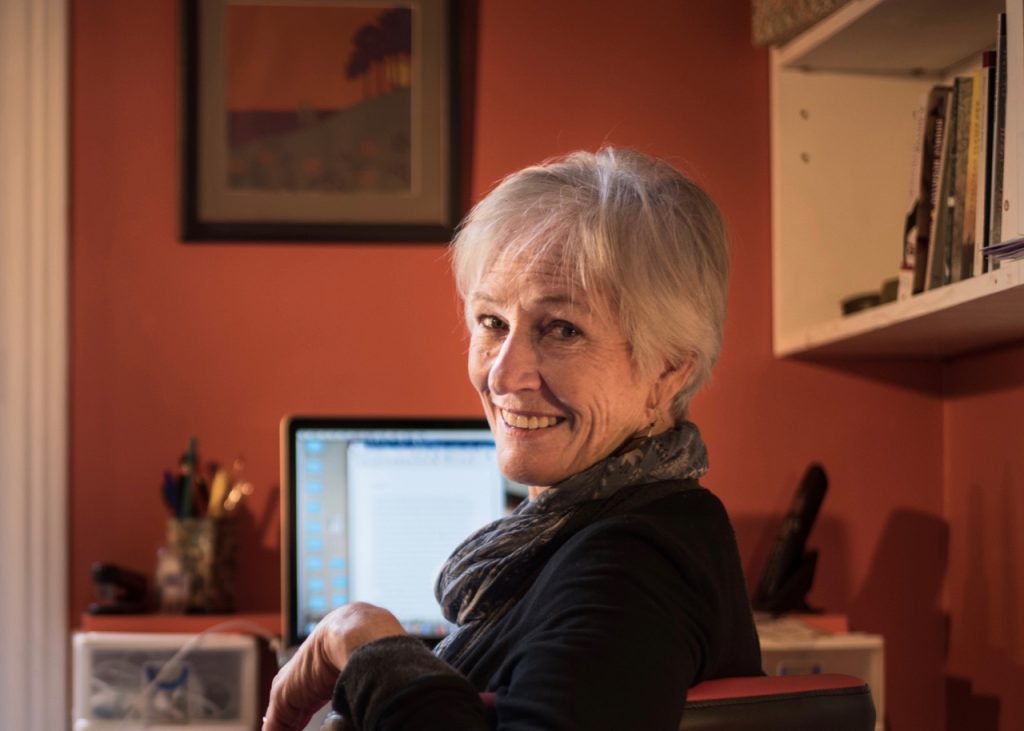
“I pay attention to what surprises me, what stays with me after I’ve read it once and walked away, and what seems to have a vision beyond generating beautiful language.”
Tell us a little bit about yourself. Where are you from and what do you do when you’re not reading for NER?
My background is in community organizing, primarily on goals for racial justice, ending mass incarceration, and trans justice. For many years I’ve also worked as a facilitator and coach with organizations looking to develop their skills and strategies for building effective grassroots movements. Reading and writing poetry is something that’s always helped me stay agile and creative in how I deal with the pressures and demands of social justice work. Eating tacos, swimming, and hanging out at gay bars help too.
What made you decide to be a reader for NER?
Jennifer Chang was my advisor for the MFA program at Bennington College and I learned so much from our exchanges on decolonial poetics and craft. I have tremendous respect for her as the new poetry editor at NER and her interest in publishing emerging writers and other voices that have historically been marginalized in literary spaces. Getting to be part of this team of readers has already been an energizing collaboration.
Have you ever read a submission that later got selected for publication?
Shelley Wong’s “The Winter Forecast” (forthcoming winter 2021) was an immediate standout for how it braids together subtle commentary on gender, language, and culture with such precision and delicacy. I admire how the poem coheres as a whole while each line can be appreciated for its autonomous sentiment and energy.
What is your reading process like? What do you look for in a submission?
It’s honestly very difficult to be a gatekeeper and to be responsible for having to say no to work I respect but for one reason or another doesn’t rise to the top of the pile. My first read is usually generous and I’ll often return to a submission a second or third time before making a decision about what to move forward or decline. I pay attention to what surprises me, what stays with me after I’ve read it once and walked away, and what seems to have a vision beyond generating beautiful language.
How has reading for NER influenced your own writing/creative pursuits?
It’s helped me set a higher bar for my own work. I’m much more aware of what it takes to get noticed and while I don’t want that to inhibit my creative process, I like that it pushes me to ask tougher questions as I’m revising.
What do you read for pleasure? Is there something you’re reading now that you would recommend?
Recently I’ve enjoyed the challenge of reading more political theory and academic writing that expands how I think about the themes I’m exploring through poetry. I just finished C. Riley Snorton’s Black on Both Sides: A Racial History of Trans Identity and was so impressed by its breadth of inquiry and the propositions it makes about language, history, and gender identity within the context of racial capitalism. I know it’s a book that will continue to influence how I think about trans representation in art and literature.
NER‘s staff readers, all volunteers, play an essential role in our editorial process and in our mission to discover new voices in contemporary literature. A full list of staff readers is available on our masthead.



